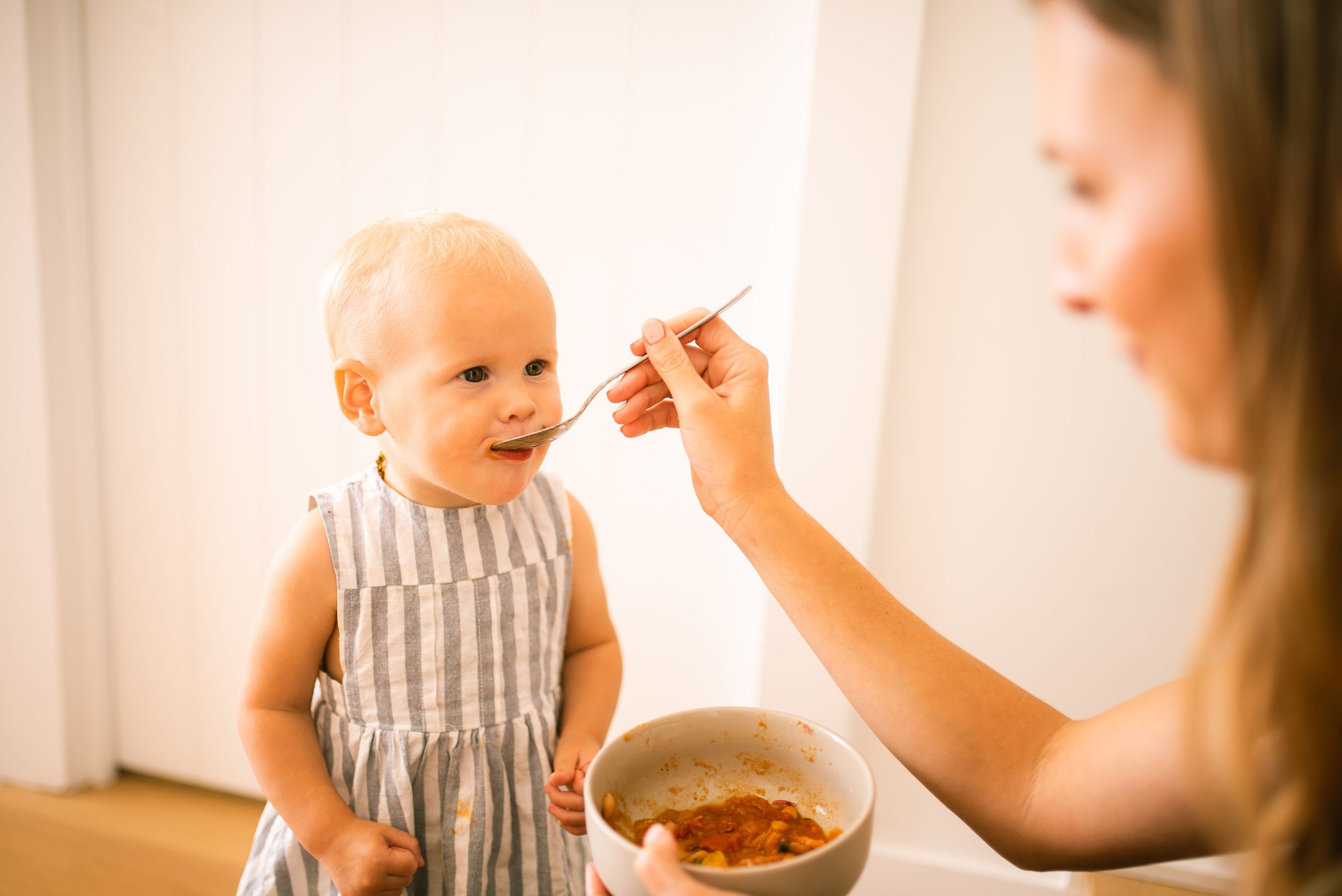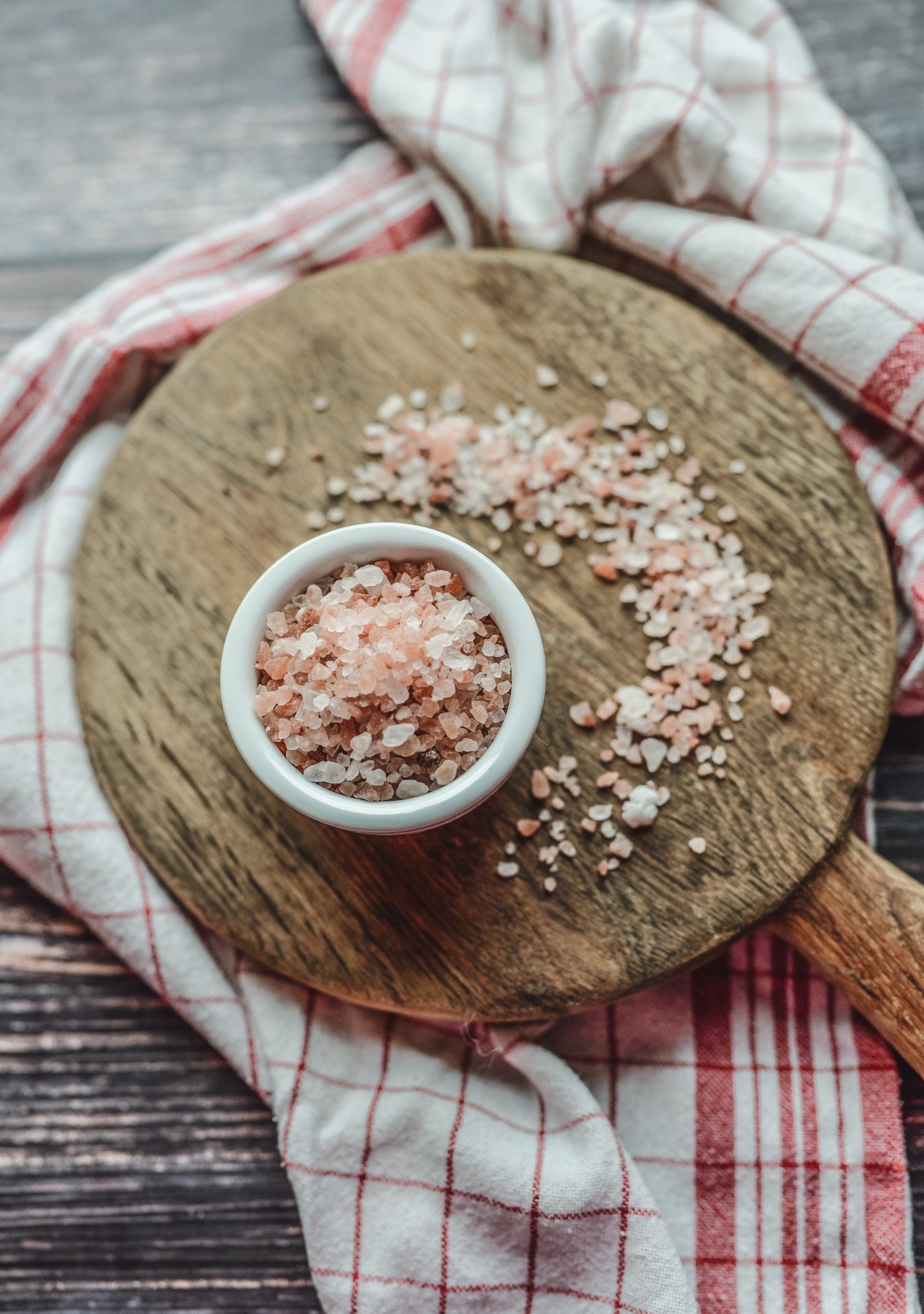Constipation
Featured Posts
Hungry for something specific?
Pick out your next meal from one of our nutritionist-approved recipes or browse our extensive library of blogs.
WHOLE FOOD RECIPES & advice FOR BABY AND THE WHOLE FAMILY
LOOKING FOR MORE?
Explore More BTF Resources
Podcast
Our podcast is like having an expert in your back pocket, with weekly episodes tackling all things motherhood, parenting, and living the good life.
Boob to Food Subscription Group
Gain access to a database of hundreds of exclusive recipes (with 3 new ones published every week!) It’s also a safe space to seek nutrition, weaning, and parenting guidance support.the BTF community!
masterclasses
In-depth educational masterclasses developed and reviewed by health professionals to help you confidently navigate the critical first years of your baby's life and beyond.




+ show comments
- Hide Comments
add a comment